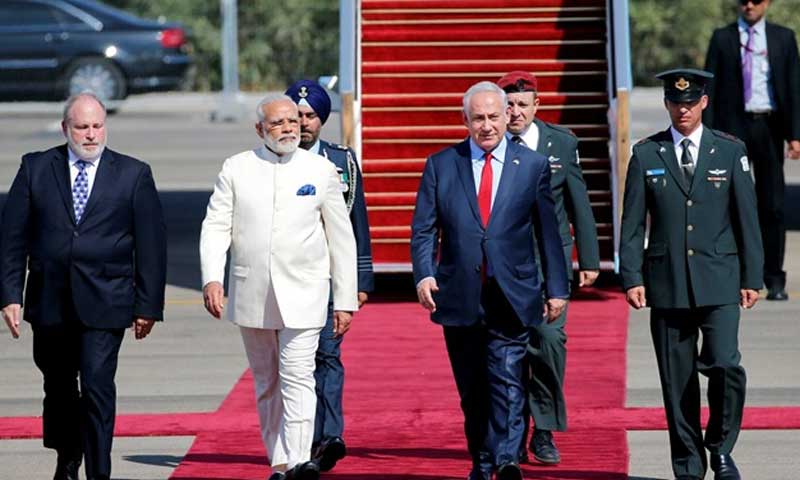- Web Desk
- Feb 26, 2026
No land to call home
LAHORE: Pakistan’s decision to deport over 2 million Afghan refugees by March 31 has sent shockwaves through communities that have called this country home for decades. Many of these individuals fled Afghanistan to escape war, persecution, and economic turmoil, only to now face the reality of being forced back into an uncertain future. While Pakistani authorities argue that the policy is meant to regulate migration and address security concerns, human rights organizations warn that this move will put thousands of lives at risk.
The relationship between Afghanistan and Pakistan is deeply intertwined, shaped by decades of shared history, conflict, and migration. Afghan refugees first began arriving in large numbers during the Soviet-Afghan War in the 1980s. Since then, Pakistan has been a sanctuary for those escaping violence, including the Taliban’s rule and ongoing instability in their homeland. Today, more than 2.1 million Afghan refugees remain in Pakistan, with many having lived here for years, some even born and raised in Pakistani cities, speaking the language, and running businesses that contribute to the local economy.
But now, with a firm deadline set, these families find themselves at a crossroads. The new deportation order does not just apply to undocumented individuals; it also includes those holding Afghan Citizen Cards, making the situation even more dire. Since September 2023, more than 800,000 Afghans have already been forced to return, according to the International Organization for Migration. The mass exodus has overwhelmed Afghanistan, a country still grappling with humanitarian crises, economic collapse, and a lack of essential services. For those being sent back, there are very real fears of homelessness, unemployment, and even persecution.
Among the most vulnerable are Afghanistan’s Shia and Hazara communities, groups that have historically been targeted by extremist violence. Returning to Afghanistan is not just a matter of starting over for them, it is a direct threat to their survival. These communities are pleading for more time, asking for a mechanism that would allow them to stay in Pakistan legally or seek asylum elsewhere without being forced into immediate deportation.
Beyond the humanitarian concerns, there is another aspect that Pakistan must consider; the economic impact. Afghan refugees have been a part of Pakistan’s workforce for years, running small businesses, working in labor-intensive industries, and contributing to local economies in cities like Karachi, Quetta, and Peshawar. The idea that refugees are only a burden ignores the economic reality: many of them have been self-reliant, and their departure could leave gaps in the labor market. The informal economy, in particular, has seen a significant presence of Afghan workers, and their removal may have unintended economic consequences.
While Pakistan has every right to regulate its borders and national security, the manner in which this deportation drive is being carried out raises ethical and legal questions. The principle of non-refoulement, which prevents countries from forcing refugees back to places where they may face danger, is a key aspect of international law. Yet, the indiscriminate nature of this mass deportation risks violating that very principle. Pakistan has long been praised for its hospitality toward Afghan refugees, but this sudden crackdown threatens to undo that goodwill.
There is a more balanced approach that Pakistan can take, one that acknowledges security concerns while also ensuring that refugees are treated with dignity. Instead of mass deportation, authorities could introduce a system to regularize the status of Afghan refugees who have lived in Pakistan for years. A structured process that allows them to apply for legal residency, work permits, or even citizenship in select cases would provide a more humane alternative. At the same time, those who are at serious risk, such as the Hazara community, should be given special consideration for asylum.
Another important step would be collaborating with international organizations like the UNHCR to create a sustainable refugee resettlement plan. The burden of hosting millions of refugees should not fall solely on Pakistan, global actors, including the West, should play a role in finding long-term solutions. This could include resettlement programs in other countries or financial assistance to help Pakistan manage the refugee population in a way that does not strain local resources.
This is a moment of reckoning. Pakistan must decide whether it wants to be remembered as a nation that stood by its decades-long commitment to Afghan refugees or one that abruptly turned its back on them when they needed it most. Policies that disregard the human cost of displacement often come back to haunt nations, creating deeper instability and resentment. A measured, compassionate approach is not just in the best interest of Afghan refugees, it is also in Pakistan’s best interest.






